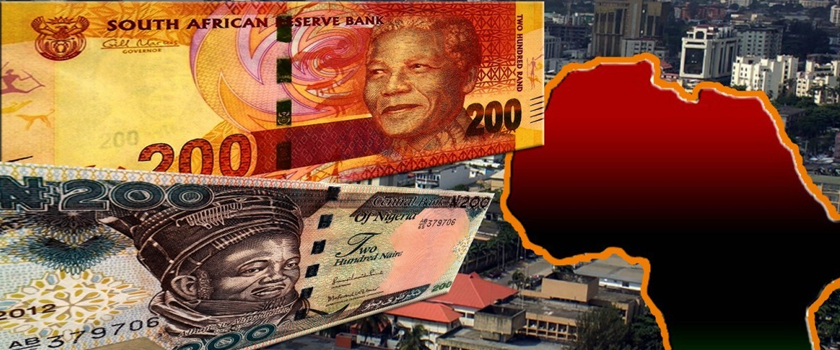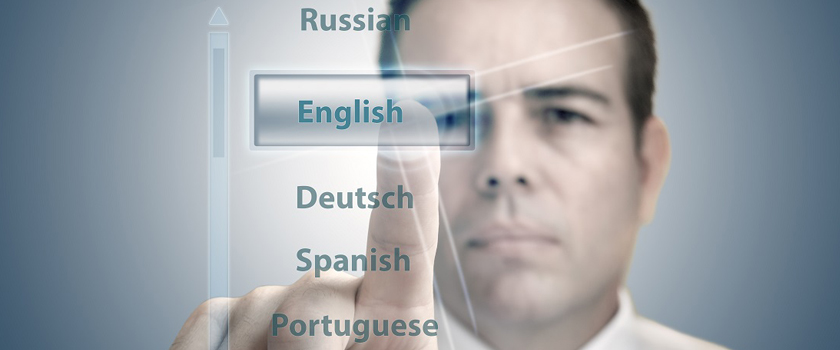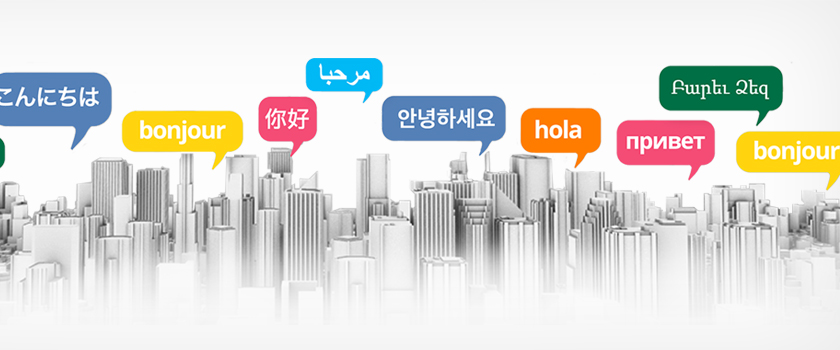2025 Offer Request a Quote Today and Grab a $50 Coupon for Free!
Switzerland is a landlocked country with a very interesting history. The culture and languages spoken in Switzerland are highly influenced by its neighbors, particularly Germany. Moreover, the World Wars also have a profound effect on migration patterns and socio-economic conditions which also contributes greatly to language variations.
However, Switzerland did not face many problems because it remained neutral during the wars. Moreover, the mountainous peaks offer a lot of protection and make the country difficult to invade. Hence, many sought a safe haven in Swiss borders during the war, and to this day Switzerland is known for its pacifist approach.
Want to know what language does Switzerland speak? Read on to find out!

Switzerland is famous for creamy chocolates, gorgeous mountains, banks, luxury watches, and its history of pacifism. The immigration patterns as discussed above are the reason for diverse cultures within Switzerland and exactly why the country has not one, two, but four national languages:
This linguistic diversity can be attributed to two things. The first is the open border policies of Europe, and the second is due to people wanting to escape the terrors of war in the 1940s.

The Swiss enjoy a rich tapestry of languages that reflects the unique culture and history of the region. Language translation services in Switzerland are commonly used by tourists, businessmen, educators, and more. Because of the uniqueness of dialects, pronunciations, and cultural nuances. Join us, as we dive deeper into the pools of multilingualism of Switzerland.
German is spoken by 60%-65% of the Swiss population. But it is not the standard German you may be thinking of. The dominant form of German spoken in Switzerland is (Schwyzerdütsch), which is an Alemannic dialect. The Almemannic dialect is different from the one spoken in Austria and Germany. Swiss German contains unique grammar, pronunciation, and vocabulary, which can be difficult to comprehend even for fluent German speakers.
Deutschschweiz is known as the German-speaking region of Switzerland, which comprises of Eastern and Northern parts of the country, with major cities such as Basel, Bern, and Zurich. The German language is by far the most dominant Switzerland language, as it is used in education, written communication, and formal settings.
French is the second most commonly spoken language in Switzerland. It is spoken by 20%-25% of the Swiss population. The language is more common in the western region, known as the La Romandie. This region includes Lausanne, Geneva, and Neuchátel. The vibrant cities along with its close proximity to France give the Swiss-French a unique sort of dialect. If you are a sports enthusiast, you will enjoy the fact that the Tour De France also passes through this region.
The Swiss-French sounds different from the standard French with subtle differences in vocabulary and pronunciation. French is the language of culture, media, and administration in Switzerland. Depending upon your business niche and target region, expanding in Switzerland may require business translations in French language. If you need a reliable partner for French translation, Mars Translation is your go-to option!
About 8%-10% of the Swiss population are Italian speakers, and most of them lie in the south near the borderless border with Italy. Most of Switzerland's Italian speaking population is from the Canton of Ticino, Svizzera Italiana, and parts of Grisons. The dialect spoken is commonly referred to as the Lombard dialect, which is common in northern Italy. Unlike other language dialects, Italian can be easily understood by the locals. There is a hint of influence from French and German.
Many say that Romansh is a dying language. It is the least-spoken Swiss official language, with only 0.5% of speakers in the populace. The speakers mostly inhabit parts of Eastern Switzerland with a major concentration in Graubúnden. Romansh is often referred to as Switzerland’s hidden language because it is difficult to find people speaking it commonly.
Moreover, it is not an easy language to learn and understand either. The Rahaeto-Romance language has Latin roots and is divided into 5 different dialects. Romansh speakers are rare in the world with only 40,000-80,000 total speakers in the world. It is a remarkable testament to the Swiss commitment to linguistic diversity.
It is interesting to note that the official languages do not represent the traditional languages spoken in the country. Though there is a resemblance to the predominant languages, they still have their own characteristics.
This language is a variant of German, which includes special and unique words, but barely has its own grammar. Moreover, Yenish is spoken by the Yenish people, who are semi-nomadic and often referred to as Gypsies. Many were prosecuted after the war and many migrated to Switzerland. These people were mainly from Germany, but migrated during the 1940s and 1950s to various parts of Europe. Most of them migrated to neighboring countries.
However, from all the countries they migrated to. Only Switzerland gave them representation by recognizing Yenish as an official language. The number of Yenish speakers has only declined over the years and today barely 0.5% of the Swiss population speaks the language.
The language is rarely spoken and UNESCO has declared it an endangered language. It is currently only found spoken in Italy, France, and of course Switzerland. Only about 200,000 people can speak the language, with most of them residing in Italy.
Traditionally, the language is spoken in parts of northern Italy. However, the use of the language is diminishing with time, and people prefer speaking regular Italian instead. The language is classified as endangered, and it does not seem like it will be revived given the current circumstances. The Swiss though have made efforts to preserve the language by promoting it in mainstream media. But despite the efforts, people are more inclined to speak normal Italian.
If you aim to grow your business in Switzerland, you must opt for translation in Switzerland official languages. It will help you break the language barrier and pave your way for lasting success. Looking for a translation partner to help you communicate in Switzerland? Look no further than Mars Translation. Our range of comprehensive translation services ensures we can handle unique projects. It does not matter if your translations are for the medical, legal, academic, financial, or any other industry, Mars Translation has the manpower and the technology to take care of all queries.
Contact us today for a free quote, and talk to our representatives in great detail to ensure custom translation solutions.

On the Labour Day Holiday, 147,000,000 Plus Chinese people choose to travel around the country. Labour Day is one of the
Read more
There are 196 countries in the world in which 25 of them are very rich which shows that they are
Read more
dwg: It means a drawing file save format created by AutoCAD, and now has been the standard format of 2D
Read more
To sum up the publicity stance, sometimes the marketing campaigns do not have their envisioned result. When publishing the brand ads
Read more
The state of Assam is the king producer of tea in India; Dibrugarh is the hub of tea gardens in
Read more
Digital signage is the form of electronic display that shows information, advertising and other messages. Digital signage such as LCD,
Read more
Did you know that Malay’s official name is Bahasa Malaysia? Did you know that it is basically a parent language
Read more
Portuguese is the language that far too often gets ignored. But the truth is Portuguese is one of the world’s
Read more
For the past 5-6 years, Translation Services have seen a great boom in business. Although, large corporate firms have been
Read more

